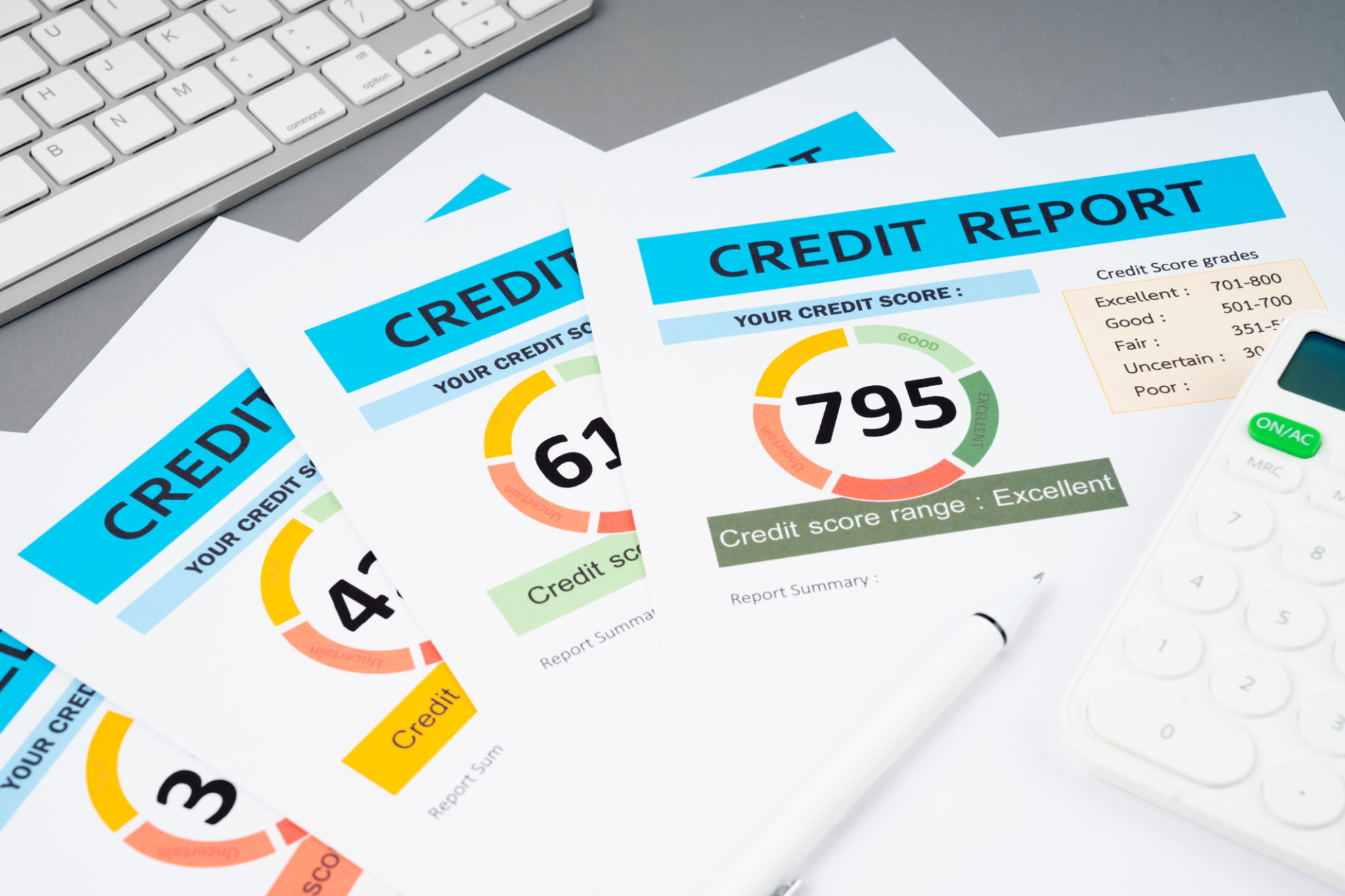How to Prepare Your Credit for Tax Season: An Expert's Advice
Understanding the Importance of Credit Preparation
As tax season approaches, many people focus on gathering documents and ensuring their returns are accurate. However, preparing your credit is an often-overlooked aspect that can significantly impact your financial health. By taking proactive steps, you can ensure your credit remains robust and ready for any financial opportunity that might arise.
Credit health is vital not only for securing loans but also for obtaining favorable interest rates. Maintaining a good credit score can be especially beneficial during tax season when financial needs and responsibilities may shift. Understanding how your credit works and the factors that influence it is the first step in effective preparation.

Review Your Credit Report
The first step in preparing your credit for tax season is to review your credit report. This report provides a comprehensive overview of your credit history, highlighting areas where you can improve. You are entitled to one free credit report annually from each of the three major credit bureaus: Equifax, Experian, and TransUnion.
Carefully examine your report for any discrepancies or inaccuracies that could adversely affect your score. If you identify any errors, be sure to dispute them promptly with the relevant credit bureau. Correcting these errors can significantly improve your credit score.
Pay Down High-Interest Debt
High-interest debt can be detrimental to your credit score, particularly if you're carrying large balances relative to your credit limits. Prioritize paying down these debts to improve your credit utilization ratio, which is the amount of credit you're using compared to your total available credit.
Consider implementing a debt repayment strategy, such as the avalanche or snowball method, to systematically reduce your debt. By lowering high-interest balances, you not only improve your credit score but also reduce the amount of interest you pay over time.

Set Up Payment Reminders
Payment history is a significant component of your credit score. Missing payments can negatively impact your score and remain on your credit report for years. To avoid this, set up payment reminders for all your bills and financial obligations.
Utilize tools such as calendar alerts or automatic payments through your bank to ensure you never miss a due date. Consistently making on-time payments is a simple yet effective way to maintain and improve your credit score.
Create a Budget
A well-structured budget helps you manage expenses, plan for tax season, and ensure you have enough funds to cover all financial obligations. Start by listing all sources of income and expenses to identify areas where you can cut back or save more.
By sticking to a budget, you can allocate funds toward paying down debt, saving for taxes, and covering unexpected expenses without resorting to high-interest credit options. This disciplined approach can lead to better financial stability and improved credit health.

Avoid New Credit Applications
While it might be tempting to apply for new lines of credit, especially if offers are attractive, it's wise to avoid doing so before and during tax season. Each new application results in a hard inquiry on your credit report, which can slightly lower your score.
If you must apply for new credit, do so sparingly and within a short time frame to minimize the impact on your score. Being strategic about when and how you apply for new credit can help protect your existing credit standing.
Seek Professional Guidance
If managing your credit seems overwhelming or if you're facing complex financial situations, consider seeking professional guidance. Financial advisors or credit counseling services can provide personalized advice tailored to your needs.
These professionals can help you develop a comprehensive strategy for improving your credit and preparing for tax season effectively. With expert advice, you can confidently navigate financial challenges and make informed decisions about your credit.

